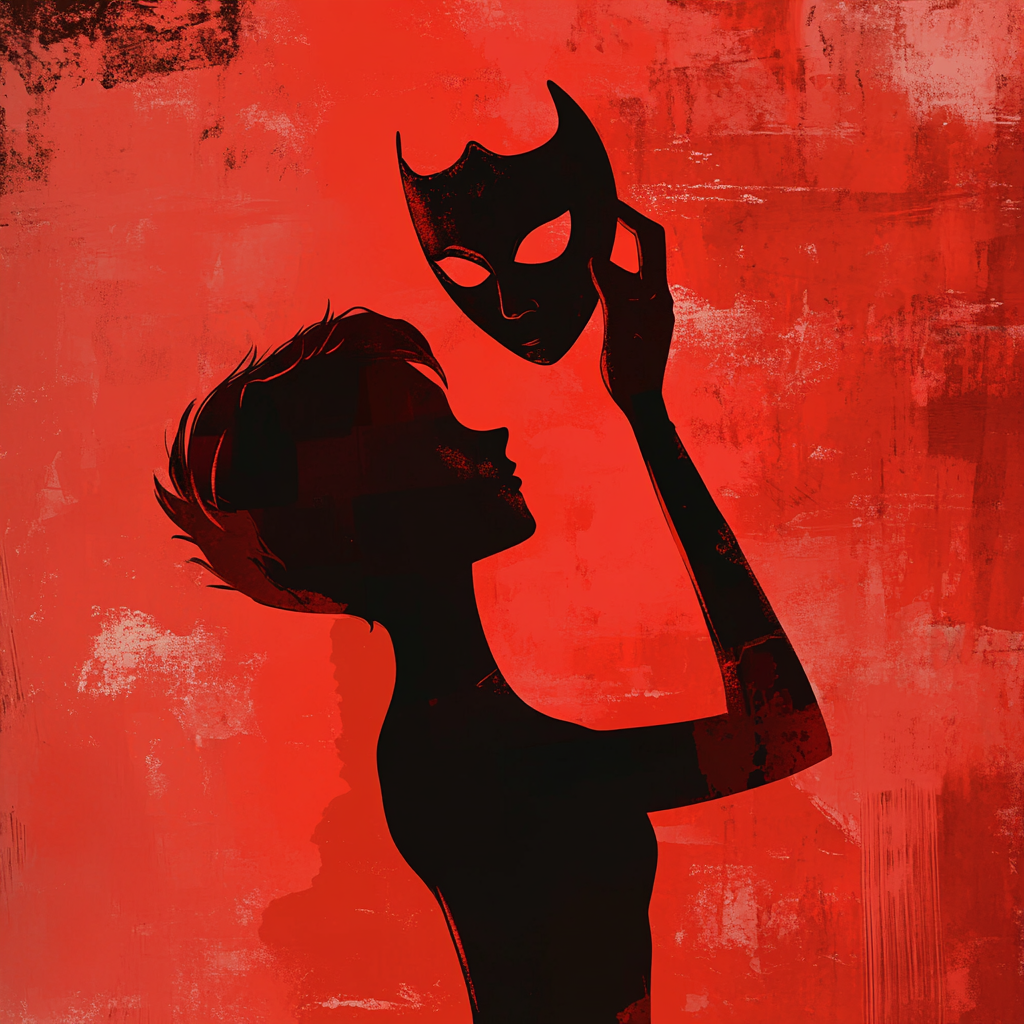The Gift of Imperfection: Why Your Flaws Are Actually Your Superpowers

Ever noticed how we're all playing the same exhausting game? You know the one—where we hide our messy parts, filter our lives to perfection, and secretly feel like impostors while everyone else seems to have it together?
Yeah. That game? It's rigged. And we're all losing.
The Perfect Façade Is Perfectly Boring
Picture this: You're at a dinner party. To your left is Jessica, who casually mentions her flawless marriage, thriving business, and children who never throw tantrums. To your right is Mike, who admits he burned dinner last night, had a meltdown over his taxes, and still doesn't understand TikTok.
Who are you gravitating toward? (If you said Jessica, I'm calling your bluff!)
Research doesn't just suggest but screams that we connect with people who show their cracks. People who admit their mistakes are seen as more trustworthy and likable than those sporting a perfect façade. It's like we've been frantically hiding the very parts of ourselves that could be our greatest connection points!
The "Vulnerability Hangover" (Worth Every Headache)
Brené Brown didn't just research vulnerability—she gave us permission to embrace it. Her concept of "daring greatly" isn't about skydiving or public speaking—it's about having the guts to say "I don't know," "I messed up," or "I'm struggling" when every fiber of your being wants to fake it till you make it.
But let's be real: vulnerability isn't about emotional vomiting on unsuspecting victims. There's an art to it. Think of it as selective sharing, not stripping naked in Times Square. (Save that for your dreams, please.)
From "Ugh, Me Too" to "Let's Change the World"
Ever noticed how quickly you bond with someone who shares your specific brand of struggle?
- The parent who confesses they sometimes hide in the bathroom to eat chocolate in peace
- The colleague who admits they still get impostor syndrome despite their impressive title
- The neighbor who reveals they've been battling anxiety for years
These moments of "me too" aren't just therapeutic—they're transformative. They're the foundation of everything from support groups for chronic illness to worldwide movements for social change.
Take coaching, for example. The most powerful eating disorder recovery coaches? Often those who've battled eating disorders themselves. Their struggles haven't diminished their expertise—they've created it. Their battle scars are their credentials.
And look at history's most powerful movements—civil rights, disability advocacy, me too—all built on the foundation of people saying, "This happened to me too, and we deserve better."
Your Flaws: The Plot Twist in Your Hero Story
Here's the million-dollar question that should be keeping you up at night: What if those parts you're desperately trying to hide are actually your greatest gifts?
What if your anxiety makes you more empathetic? What if your failures make you a better teacher? What if your struggles with confidence make you a more compassionate leader?
By hiding our imperfections, we're not just cheating others out of knowing the real us—we're cheating ourselves out of our own superpowers.
Try This: The Imperfection Connection Challenge
Ready to test this theory in your own life? Try these not-so-perfect exercises:
The "Vulnerability Thermometer" Check-In
Before your next important conversation, ask yourself:
- Am I playing it too safe? (Frozen zone)
- Am I about to overshare inappropriately? (Boiling zone)
- Am I sharing something real that could create connection? (Just right)
The "Me Too" Moment Maker
- Think of a struggle you've faced that others might relate to
- Distill it into a 30-second story that highlights both the struggle and what you learned
- The next time someone shares a similar challenge, offer your "me too" moment—not to steal their thunder but to build a bridge
The Daily Imperfection Celebration
Start a ridiculous tradition: celebrating one "perfect imperfection" daily. Maybe it's your inability to parallel park, your talent for killing houseplants, or your tendency to cry during commercials.
Whatever it is, own it proudly. You might be surprised how many people say, "Wait, you too?"
The Paradox That Could Change Everything
Here's the delicious irony: The more we embrace our imperfections, the more perfectly human we become.
So the next time you're tempted to hide your flaws, remember—they might just be the very things that make you not just likable, but unforgettable.
What would happen if you stopped trying to be perfect today? What connections might you forge? What movements might you join—or even start?
Your imperfections aren't just gifts—they're your unique contribution to a world drowning in filters and facades.
The question isn't whether you're flawed. (Spoiler alert: you are.) The question is: Are you brave enough to let those flaws connect you to others?